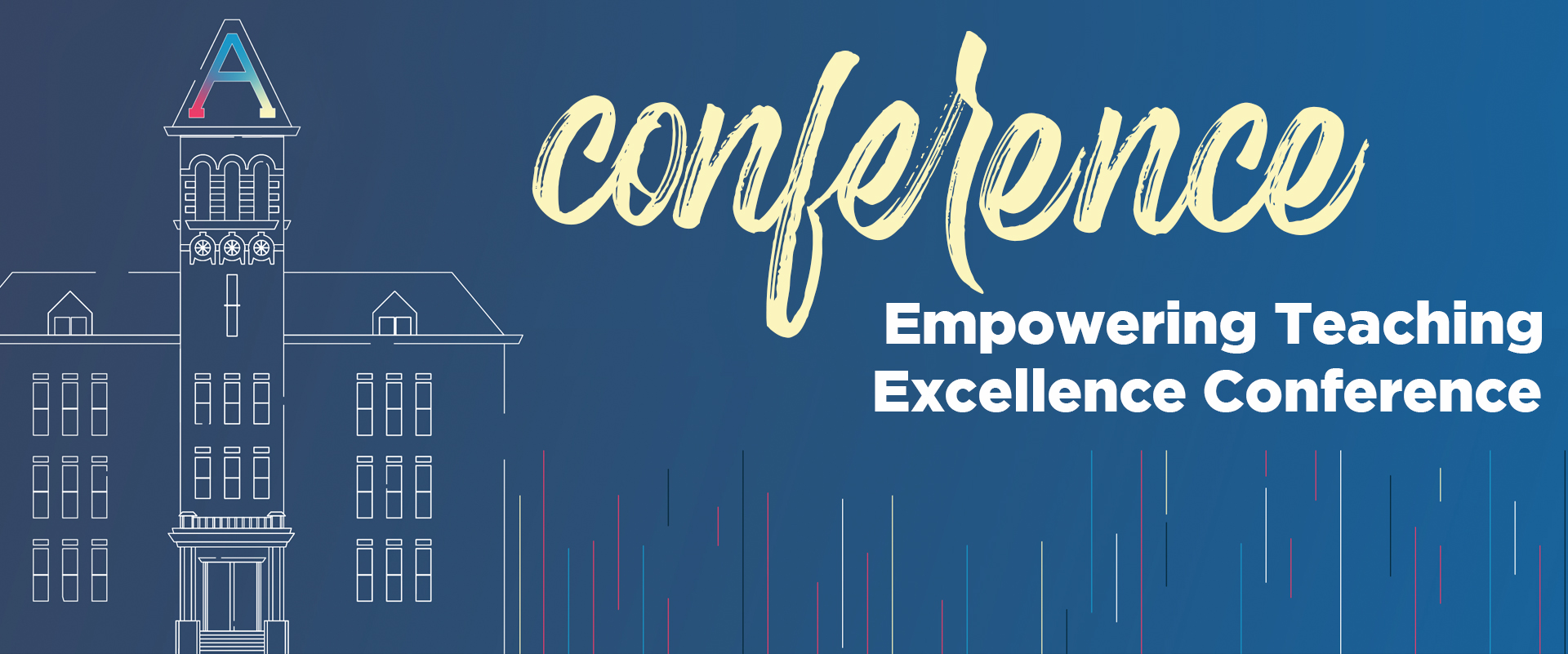"Ungrading" in Large-Enrollment, Science-Based, Entry-Level Courses: A Non-Traditional Approach
Loading...
Start Date
8-16-2023 3:05 PM
Description
In recent years, a fair amount has been written about “ungrading”; a practice that is typically understood to mean the elimination or minimization of assigned points or letter grades in a course (Blume, 2020, https://wvupressonline.com/ungrading). Teachers who explore or engage in this practice are often instructed to give more detailed feedback on student work and provide more opportunities for self-reflection and resubmission instead. Proponents of ungrading contend that traditional grading undermines student learning and decreases intrinsic motivation, while ungrading facilitates a growth mindset and allows students to focus more on actual learning objectives and engage in a more purposeful process. According to many, an ungraded approach may also reduce instructor workload and grading time. While the research and experiences of others regarding ungrading and project-based learning are compelling, transitioning to this approach is often very challenging, confusing, and time-consuming in practice, especially in the beginning and especially in courses that are large-enrollment, science-based, and/or freshmen-level. This session will focus on some non-traditional but effective ways to reduce the grading load in courses that are large-enrollment, science-based, and/or entry-level while focusing more on learning that is project-based and process-based. We will also discuss potential benefits, barriers, and drawbacks to consider.
Creative Commons License

This work is licensed under a Creative Commons Attribution 4.0 License.
- Captions File
"Ungrading" in Large-Enrollment, Science-Based, Entry-Level Courses: A Non-Traditional Approach
In recent years, a fair amount has been written about “ungrading”; a practice that is typically understood to mean the elimination or minimization of assigned points or letter grades in a course (Blume, 2020, https://wvupressonline.com/ungrading). Teachers who explore or engage in this practice are often instructed to give more detailed feedback on student work and provide more opportunities for self-reflection and resubmission instead. Proponents of ungrading contend that traditional grading undermines student learning and decreases intrinsic motivation, while ungrading facilitates a growth mindset and allows students to focus more on actual learning objectives and engage in a more purposeful process. According to many, an ungraded approach may also reduce instructor workload and grading time. While the research and experiences of others regarding ungrading and project-based learning are compelling, transitioning to this approach is often very challenging, confusing, and time-consuming in practice, especially in the beginning and especially in courses that are large-enrollment, science-based, and/or freshmen-level. This session will focus on some non-traditional but effective ways to reduce the grading load in courses that are large-enrollment, science-based, and/or entry-level while focusing more on learning that is project-based and process-based. We will also discuss potential benefits, barriers, and drawbacks to consider.


